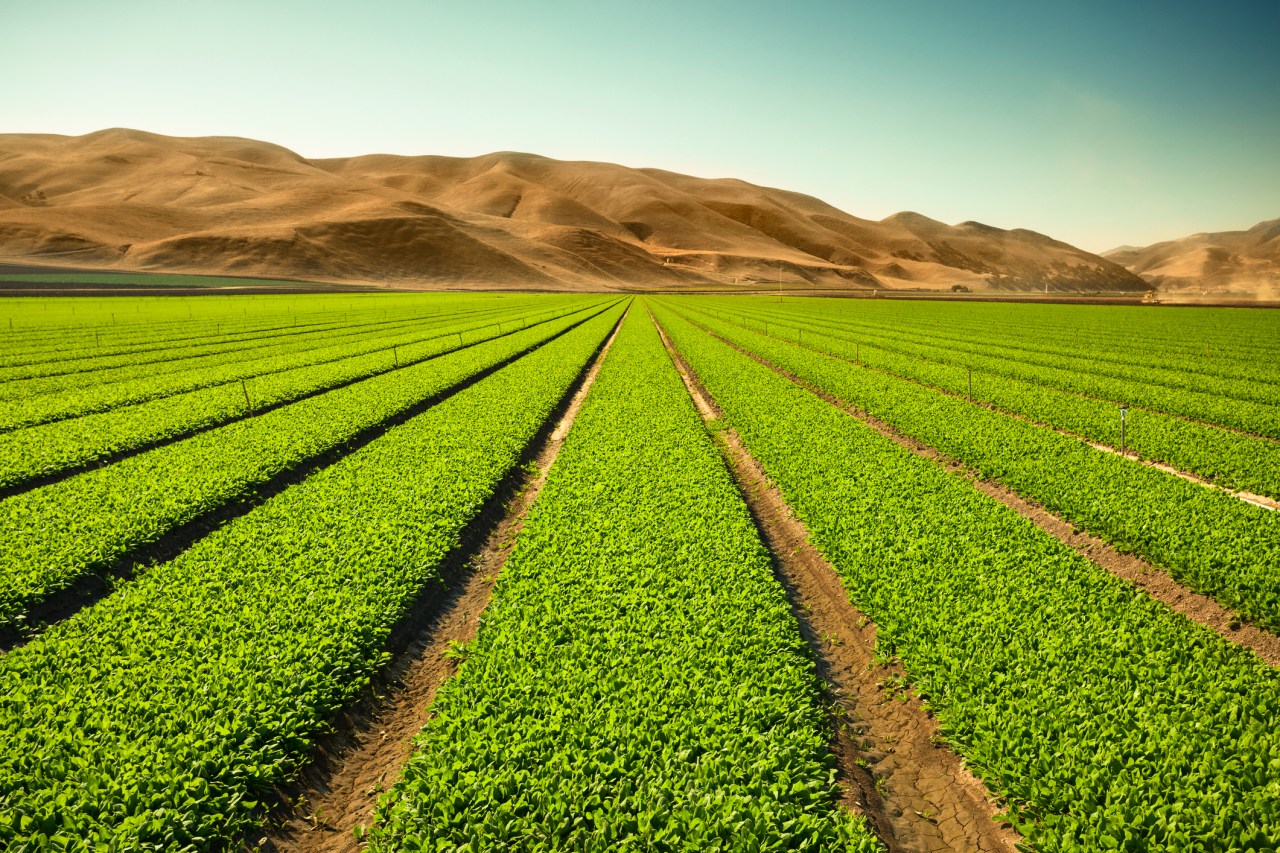As the world grapples with the evolving challenges of climate change, the pressure is on for agricultural innovation to keep pace with our growing food needs. One company, Phytoform, is rising to the occasion with a unique blend of biotechnology and advanced genome editing tools. With their recent funding of $5.7 million, Phytoform is on a mission to transform how crops are developed, making them more resilient to the inevitable climate onslaught. Let’s delve deeper into their journey, the technology they’re employing, and the potential impact on global agriculture.
The Birth of Phytoform: A Personal Journey
Phytoform’s inception can be traced back to a conversation that began in academia. Co-founders William Pelton and Nicolas Kral, both dedicated PhD candidates, identified a pressing issue: traditional farming practices were falling short against adverse weather conditions in the U.K. Pelton’s connection to agriculture is particularly poignant; his grandfather’s farming stories highlighted the reality of crop failures due to environmental stress. This realization became their impetus for creating a scalable solution to crop resilience through genetic advancements.
Revolutionizing Crop Development with AI and Genome Editing
The traditional methods of breeding crops are labor-intensive and can take decades to yield results. Additionally, mainstream genetically modified organisms (GMOs) face public scrutiny and regulatory challenges. This is where Phytoform’s innovative approach stands apart. By integrating machine learning with CRISPR genome editing, they can swiftly determine viable DNA sequences and implement beneficial traits into crops.
- AI-Assisted Genomic Analysis: Phytoform utilizes advanced algorithms to analyze plant genetics and make predictions about which DNA modifications can enhance resilience.
- CRISPR Technology: Employing cutting-edge CRISPR editing, they minimize agricultural footprints while creating crop varieties that are both pest-resistant and climate-ready.
The urgency of this technology is underscored by alarming statistics from the Food and Agriculture Organization of the United Nations, indicating that up to 14% of food production is lost annually—a figure that is only expected to rise as climate conditions worsen.
Funding the Future: Support from Visionary Investors
Phytoform’s latest funding round is led by Eniac Ventures, with participation from several notable investors, including Wireframe Ventures and Fine Structure Ventures. This commitment reflects a growing belief in the potential of computational genomics to reshape sustainable agriculture.
Vic Singh, a general partner at Eniac Ventures, stated, “As the climate crisis worsens, we’ve looked closely at how computational genomics can be leveraged to reduce food waste…” The support would enable Phytoform to expand its operations, particularly in developing climate-resilient varieties of tomatoes and potatoes.
Looking Ahead: Expanding Horizons and Capabilities
Phytoform has ambitious plans as it aims to bring its tomato and potato programs to market. Currently operating in the U.S., the company is now expanding its geographical footprint to include Australia and the U.K. Notably, they’re strategically partnering with seed breeders and agricultural producers to create a robust supply chain.
As Phytoform continues to grow, its co-founders express optimism, stating that 2022 is shaping up to be a significant year, with plans for further trials and innovations. Their model of generating revenue through seed royalties will evolve as they interact more closely with consumers, shifting towards a more direct relationship within the agricultural ecosystem.
Conclusion: A Beacon of Hope for Sustainable Agriculture
In a rapidly changing world, companies like Phytoform are vital in shaping the future of agriculture. By leveraging AI and genome editing, they aim to not only enhance crop resilience but also combat food waste effectively. As these technologies become more mainstream, the ripple effects may positively impact global food security.
At fxis.ai, we believe that such advancements are crucial for the future of AI, as they enable more comprehensive and effective solutions. Our team is continually exploring new methodologies to push the envelope in artificial intelligence, ensuring that our clients benefit from the latest technological innovations.
For more insights, updates, or to collaborate on AI development projects, stay connected with fxis.ai.

